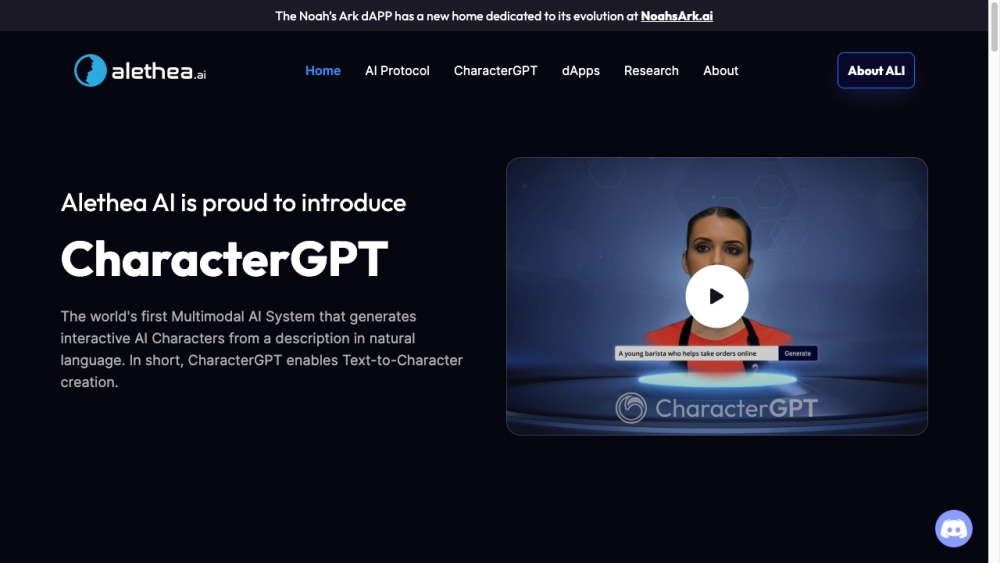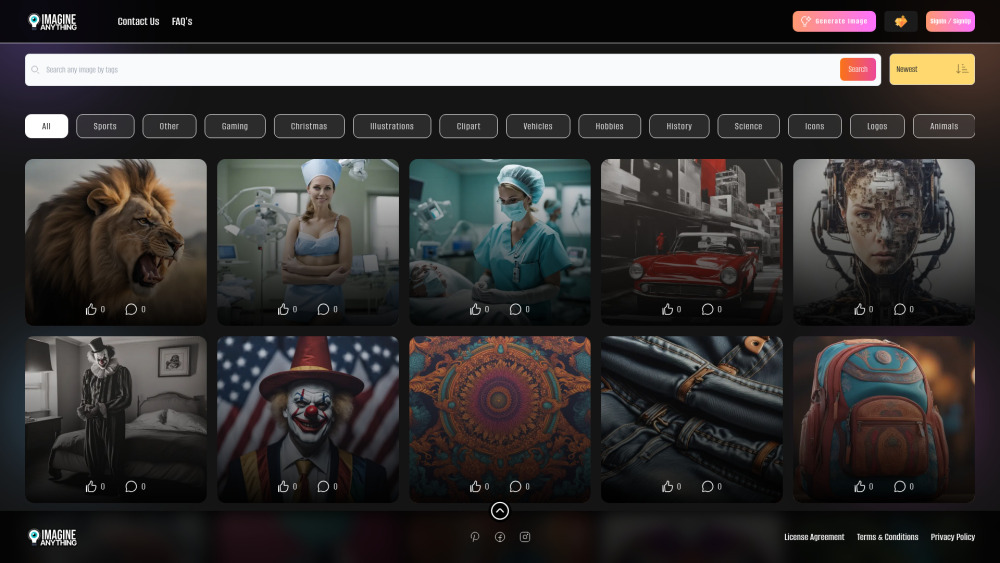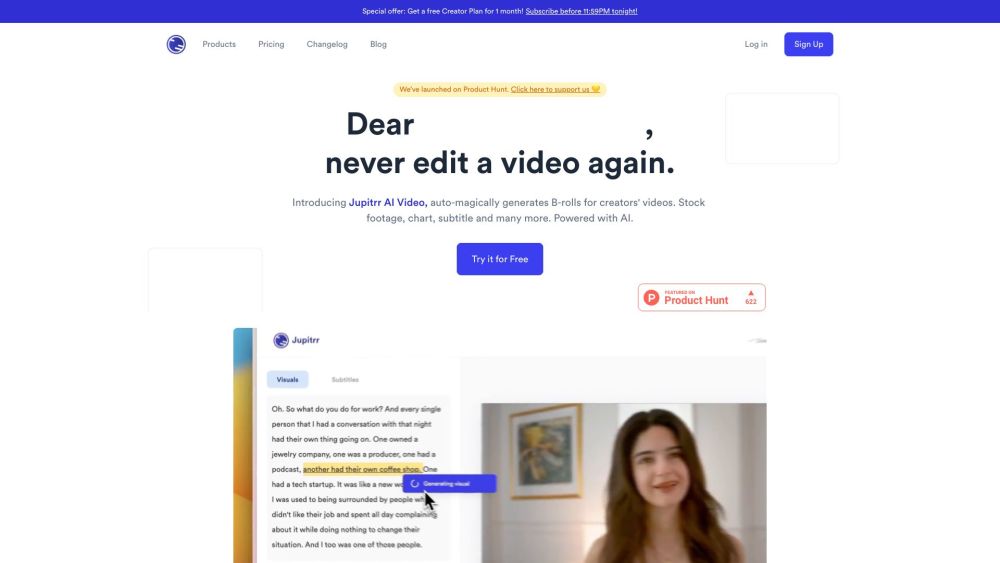Drip Capital, a fintech startup based in Silicon Valley, is utilizing generative AI to achieve a remarkable 70% productivity increase in cross-border trade finance operations. With over $500 million raised in debt and equity funding, the company employs large language models (LLMs) to automate document processing and enhance risk assessment, significantly improving operational efficiency. This AI-driven strategy enables Drip Capital to process thousands of complex trade documents daily, far surpassing traditional manual methods.
Founded in 2016, Drip Capital has rapidly established itself as a leader in the trade finance sector, with operations across the U.S., India, and Mexico. The company's innovative use of AI integrates advanced prompt engineering with strategic human oversight, addressing challenges like hallucinations effectively. This hybrid model is redefining trade finance operations, setting new efficiency benchmarks in a traditionally paper-heavy industry.
Karl Boog, the Chief Business Officer, emphasizes the scale of Drip Capital's efficiency gains: “We’ve been able to 30X our capacity with what we’ve done so far.” This significant improvement underscores generative AI's transformative potential in fintech, showcasing how startups can leverage AI and LLMs to gain a competitive advantage in the multi-trillion dollar global trade finance market.
At the core of Drip Capital's AI strategy is the implementation of advanced document processing techniques. Tej Mulgaonkar, head of product development, describes their initial challenges: “We processed a couple of thousand documents every day. In the beginning, we set up manual operations."
The company embarked on its AI journey by experimenting with a combination of optical character recognition (OCR) and LLMs to digitize and interpret information from trade documents. Mulgaonkar noted, “We started experimenting with OCR and LLMs working together to digitize and make sense of information.”
Initial integration posed challenges, particularly with AI hallucinations—instances of generating plausible yet incorrect information. Mulgaonkar recalls, “We struggled with a lot of unreliable outputs.” To address these issues, Drip Capital developed a systematic approach to prompt engineering, leveraging its vast database of processed documents to enhance prompt effectiveness. “We built a simple script to analyze input data, compare outputs from different agents, and verify them against our accurate database,” highlights Mulgaonkar. This iterative refinement process has greatly improved their AI system's accuracy.
Drip Capital’s pragmatic approach to AI implementation focuses on optimizing existing models through effective prompt engineering rather than creating proprietary systems or engaging in complex fine-tuning.
In early 2023, The Washington Post described prompt engineering as “tech’s hottest new job,” with companies competing for specialists skilled in generating optimal results from AI. The World Economic Forum even highlighted it as an emerging AI job in its Jobs of Tomorrow report, reflecting a broad surge of interest in the field.
However, skepticism about its longevity arose. Critics claimed prompt engineering might be a fleeting trend, destined to fade as AI models become more intuitive. A 2024 IEEE Spectrum article declared, “AI Prompt Engineering is Dead,” suggesting that automated prompt optimization could diminish the role of human engineers. Yet recent developments indicate that prompt engineering is evolving, not becoming obsolete. Drip Capital exemplifies this evolution, showcasing how effective prompt engineering involves:
- Understanding specific business contexts and requirements
- Developing strategies for maintaining AI accuracy and reliability
- Crafting complex multi-step prompting strategies for advanced tasks
- Collaborating with domain experts to infuse specialized knowledge into AI interactions
Drip Capital’s AI system operates within a hybrid framework that integrates human oversight to ensure financial precision. “We maintain a nominal manual layer that works asynchronously,” explains Mulgaonkar. While LLMs digitize the documents, a human layer reviews critical elements, enhancing accuracy and efficiency. As confidence in AI grows, Drip Capital plans to gradually reduce human involvement, relying on data-driven insights.
Beyond document processing, Drip Capital is exploring AI applications in risk assessment. The company aims to develop models predicting liquidity and credit behaviors based on extensive historical data, while ensuring compliance within the financial sector. Boog asserts, “The goal is to achieve a comprehensive risk assessment—to create a decision engine that accurately evaluates account risk.”
Both Boog and Mulgaonkar emphasize the necessity of human judgment in risk assessment, particularly for identifying anomalies. “Tech helps, but human oversight remains essential, especially for risk assessment,” Boog adds.
Drip Capital’s data advantage, bolstered by years of trade finance experience, enhances its AI models. Boog remarks, “With hundreds of thousands of past transactions, we’ve cultivated a wealth of learning that optimizes our processes.”
Looking ahead, Drip Capital is cautiously optimistic about further AI integration. They are exploring conversational AI for customer interactions, though Mulgaonkar notes current technologies still don't fully meet their needs: “It’s more advanced than an IVR, but not enough for complete handling.”
Drip Capital's journey with AI reveals valuable lessons for financial and other sectors. Their experience illustrates how generative AI can revolutionize operations through thoughtful implementation that prioritizes practical applications and unwavering accuracy.
As AI technology progresses, Drip Capital demonstrates that companies need not develop intricate AI systems from scratch to achieve significant benefits. Instead, a pragmatic strategy that leverages existing models, emphasizes prompt engineering, and maintains human oversight can lead to meaningful enhancements in efficiency and productivity.




